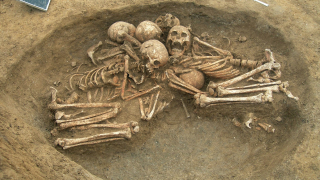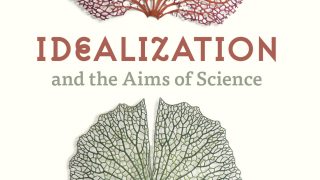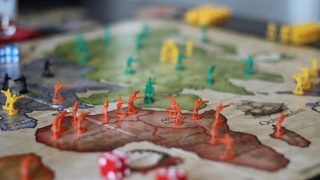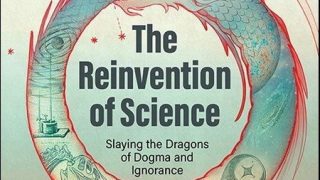
The final stage in the formation of a ‘European genome’
Authors: Eva-Maria Geigl, Directrice de recherche CNRS, co-responsable de l’équipe Épigénome et paléogénome de l’Institut Jacques Monod, Université Paris Cité; Oğuzhan Parasayan, Chercheur post-doctoral, Institut Pasteur, and Thierry Grange, Directeur de Recherche CNRS, co-responsable d’équipe de recherche, Institut Jacques Monod, Université Paris Cité High-resolution analysis of the genomes of individuals buried in a 4,500-year-old collective […]








